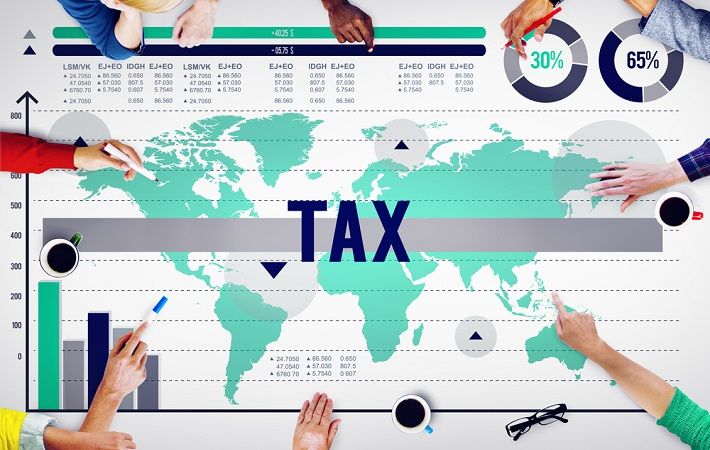A hundred and thirty nations and jurisdictions, representing more than 90 per cent of global gross domestic product (GDP), joined a statement establishing a new framework for international tax reform and ensuring that multinational enterprises pay a fair share of tax wherever they operate. A small group of the Inclusive Framework’s 139 members are yet to join the statement.
India is part of the 130 countries.The remaining elements of the framework, including the implementation plan, will be finalised in October.A hundred and thirty nations and jurisdictions, representing more than 90 per cent of global GDP, joined a statement establishing a new framework for international tax reform and ensuring that multinational enterprises pay a fair share of tax wherever they operate. A small group of the Inclusive Framework's 139 members are yet to join the statement.#
The framework updates key elements of the century-old international tax system, which is no longer fit for a globalised and digitalised economy.
The two-pillar package was the outcome of negotiations coordinated by Paris-based Organisation for Economic Cooperation and Development (OECD) for much of the last decade, an OECD press release said.
Pillar One will ensure a fairer distribution of profits and taxing rights among countries with respect to the largest multinational enterprises (MNEs), including digital companies. It would re-allocate some taxing rights over MNEs from their home countries to the markets where they have business activities and earn profits, regardless of whether firms have a physical presence there.
Pillar Two seeks to put a floor on competition over corporate income tax, through the introduction of a global minimum corporate tax rate that countries can use to protect their tax bases.
The two-pillar package will provide much-needed support to governments needing to raise necessary revenues to repair their budgets and their balance sheets while investing in essential public services, infrastructure and the measures necessary to help optimise the strength and the quality of the post-COVID recovery.
Under Pillar One, taxing rights on more than $100 billion of profit are expected to be reallocated to market jurisdictions each year. The global minimum corporate income tax under Pillar Two—with a minimum rate of at least 15 per cent—is estimated to generate around $150 billion in additional global tax revenues annually.
Additional benefits will also arise from the stabilisation of the international tax system and the increased tax certainty for taxpayers and tax administrations.
“After years of intense work and negotiations, this historic package will ensure that large multinational companies pay their fair share of tax everywhere,” OECD secretary general Mathias Cormann said.
“This package does not eliminate tax competition, as it should not, but it does set multilaterally agreed limitations on it. It also accommodates the various interests across the negotiating table, including those of small economies and developing jurisdictions. It is in everyone’s interest that we reach a final agreement among all Inclusive Framework Members as scheduled later this year,” he added.
Participants in the negotiation have set 2023 as the year for effective implementation.
Fibre2Fashion News Desk (DS)
